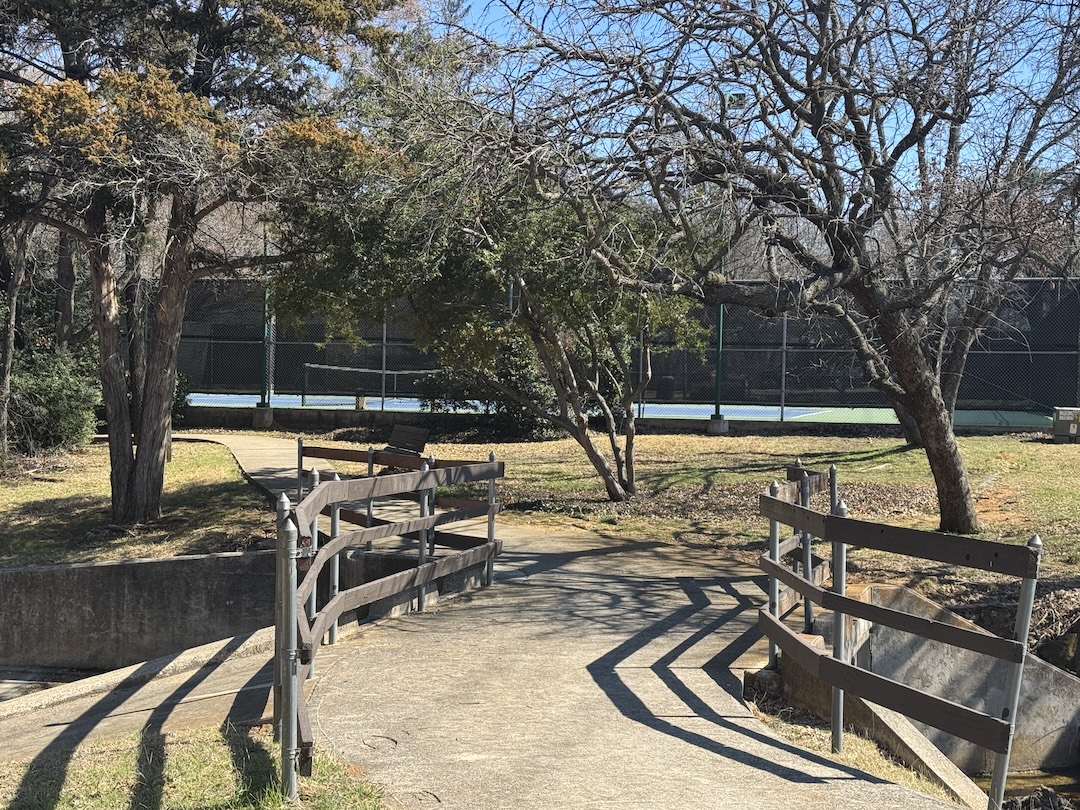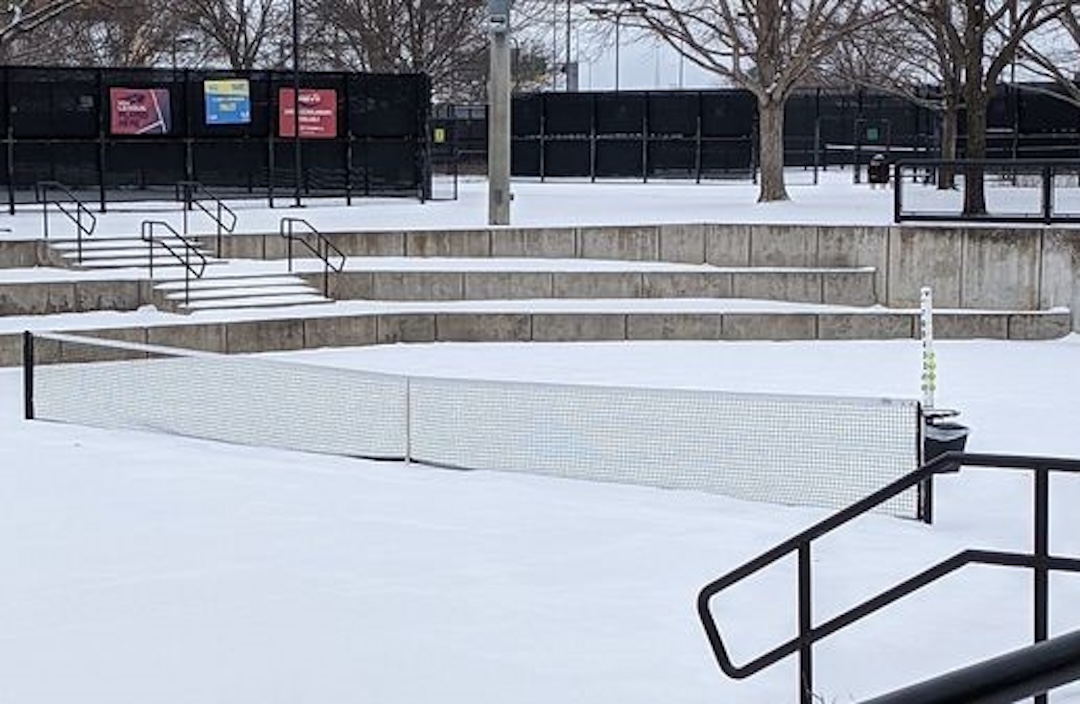The very best players in Senior Adult tennis typically exhibit high Emotional Intelligence (EQ). They have the ability to leverage their emotions in positive ways under the duress of competition. Tennis players with high EQ are adept at managing their feelings, which helps them regulate their mental energy when playing. They leverage that insight to make informed strategic and tactical decisions.
Tennis is a mentally and emotionally demanding sport. High EQ players have the self-awareness to recognize and regulate their emotions effectively. They understand their triggers on the court and consequently can better manage their reactions to enhance, or at least not degrade their competitive performance levels.
Tennis players who are self-aware emotionally are better at staying focused, composed, and resilient in high-pressure situations. These players also have on-court routines filled with proactive steps to stay positive during the inevitable periods of poor performance during match play.
When playing doubles, self-aware players exhibit high levels of communication and teamwork. They have the interpersonal skills to work effectively with their partners to make strategic and tactical adjustments. They foster and enhance a positive team dynamic.
The very best players in Senior Adult tennis aren’t robots who play in a detached emotional state. At the Westwood Senior Championships last weekend, I heard quite a few anguished cries and emotional outbursts. I even saw one smashed racquet in a trashcan. The difference for the top players is that their displays of emotion tend to enhance performance. In those instances where their feelings get away from them, that is a transitory state without significant long-term impact on the match.
Developing the ability to manage emotions in a positive way is one aspect of self-awareness that the top players in Senior Adult tennis have mastered. Tennis players at all levels of competition, including those who only play casually for fun, can benefit from enhancing and leveraging their EQ on the court.
Throughout 2023 I am exploring the 12 Habits of Highly Successful Tennis Players. A complete summary of all posts to date on that topic as well as what is coming up for the remainder of this year, can be found on the 12 Habits of Highly Successful Tennis Players homepage.




Can you promote super seniors playing tiebreakers for third set after 80’s? I think it would improve participation. Level 1 in Laguna Beach had great turnout in singles n doubles in those divisions. It was tough to play 6 matches in four days. Somehow I managed to do it. It was fun playing next to your court. You and Dianne had a good match.
Interestingly enough, the USTA moved to make that very change when the “unified” tournament framework was put into place, and the NWTO lobbied hard to reverse that decision back to the full three sets. The older age divisions were most adamant about returning to a full three.
(Women are tougher than men?)